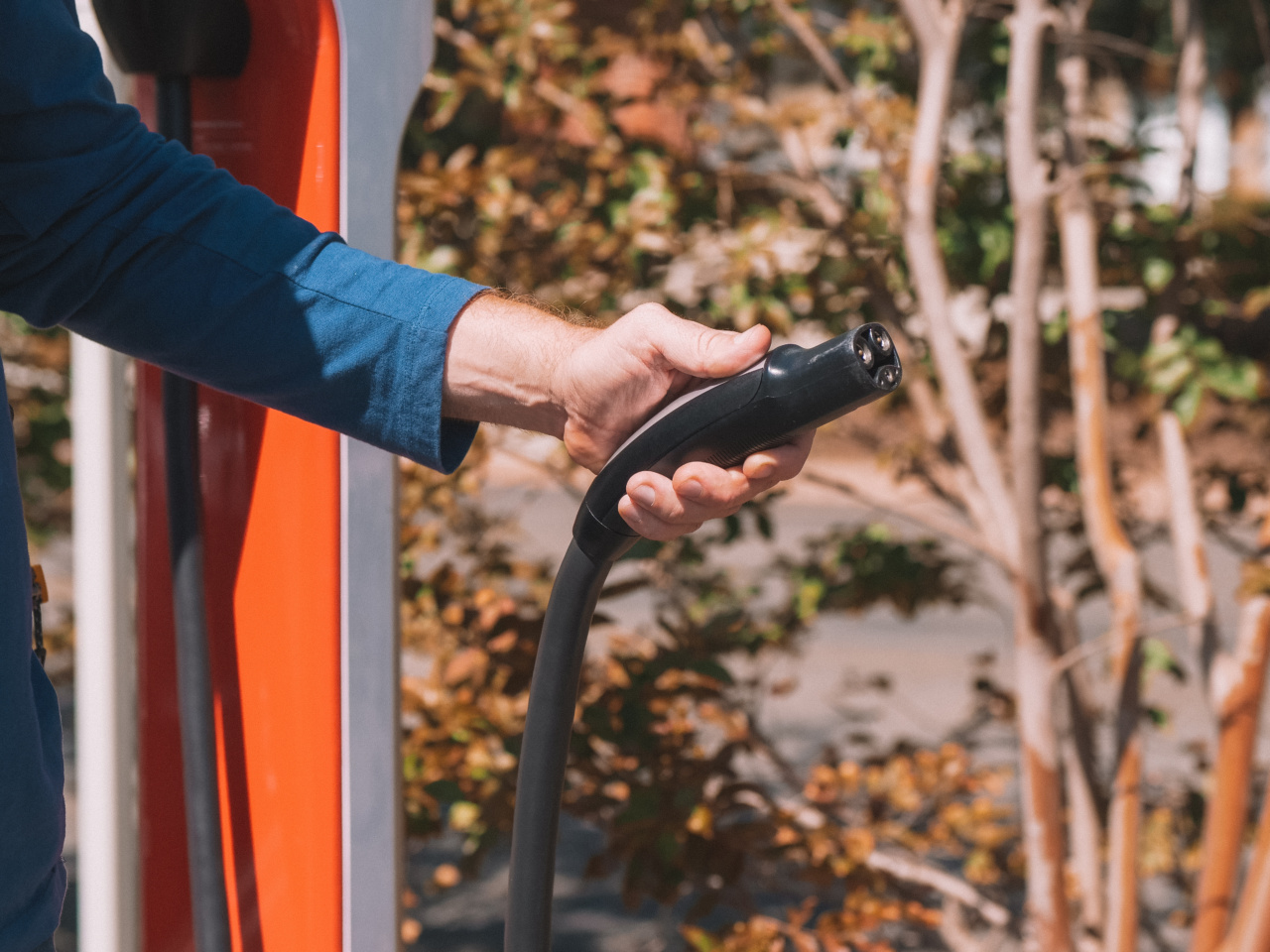Summer is a time when people love to enjoy outdoor activities and indulge in delicious food with family and friends. However, it is important to prioritize food safety during this season to avoid foodborne illnesses.
In this article, we will discuss some essential tips to ensure food safety during the summer months.
1. Keep it Clean
The first and foremost rule of food safety is maintaining cleanliness. Wash your hands thoroughly with soap and water for at least 20 seconds before and after handling food.
Use separate cutting boards and utensils for raw meats, poultry, and seafood to prevent cross-contamination. Clean all surfaces, including countertops, grills, and picnic tables, before and after use.
2. Safe Food Handling
Proper handling of food is crucial to avoid contamination. Keep perishable foods refrigerated until ready to use. Maintain a cool box or ice-filled cooler when transporting perishable items to picnics or outdoor events.
Remember to separate raw and cooked foods to prevent the spread of bacteria. Cook meats, poultry, and seafood to their recommended internal temperatures for a safe eating experience.
3. Marinating the Right Way
Marinating is a common practice during summer barbecues, but it should be done safely. Marinate food in the refrigerator, not on the counter.
If you plan to use marinade as a sauce, reserve a portion separately before adding raw meat to avoid any cross-contamination. Do not reuse marinade that has come into contact with raw proteins without boiling it first.
4. Grilling Safety
Grilling is a popular summer cooking method, so it’s important to grill safely. Preheat the grill to kill any bacteria. Make sure to cook food thoroughly and use a meat thermometer to check the internal temperature.
Avoid charring or burning meats, as it can create potentially harmful compounds. Keep a close eye on food while grilling to prevent flare-ups and minimize the risk of foodborne illnesses.
5. Safe Fruits and Vegetables
Fresh fruits and vegetables are commonly enjoyed during the summer months. Ensure food safety by washing produce before consuming. Scrub firm produce like melons with a clean brush to remove dirt and bacteria. Cut away damaged or bruised areas.
Keep fruits and vegetables separate from raw meats in your cooler and use different utensils for handling them.
6. Safe Serving and StoCkage
Proper serving and storage of food after cooking are essential to maintain its safety. Don’t leave perishable items, such as salads or dips with mayonnaise, in the sun for more than two hours (one hour if the temperature is above 90°F or 32°C).
Refrigerate leftovers promptly in shallow containers to promote rapid cooling. Consume leftovers within a safe timeframe to avoid potential foodborne illnesses.
7. Hydration Matters
During the hot summer months, staying hydrated is crucial. Avoid dehydration by drinking plenty of fluids, such as water, infused water, and natural fruit juices.
Proper hydration keeps your body healthy and helps prevent heat-related illnesses during outdoor activities.
8. Picnic Safety
Picnics are an excellent way to enjoy the summer weather and good food. Ensure food safety by packing perishables properly with ice and ice packs. Store them in a cool box or cooler.
Keep the cooler out of direct sunlight and avoid opening it frequently to maintain a consistent temperature. Practice good hand hygiene and follow safe food handling practices during outdoor meals.
9. Be Mindful of Food Allergies
Summer gatherings often involve potluck-style meals where people bring various dishes. It’s important to be mindful of food allergies or dietary restrictions when organizing or attending these events.
Clearly label dishes with common allergens and provide alternative options for people with specific dietary needs.
10. Educate Others
Spread the knowledge of food safety to your friends, family, and community. Encourage others to adopt safe food practices to prevent foodborne illnesses.
By educating and raising awareness, we can create a healthier and safer summer dining experience for everyone.
Conclusion
Enjoying delicious food during the summer doesn’t mean compromising on food safety. By following these simple yet essential guidelines, you can ensure that your summer gatherings are not only enjoyable but also safe.
Prioritize cleanliness, safe food handling, and proper storage to protect yourself and your loved ones from foodborne illnesses. Stay hydrated, be mindful of food allergies, and spread the knowledge to create a safer summer dining experience for all.






























